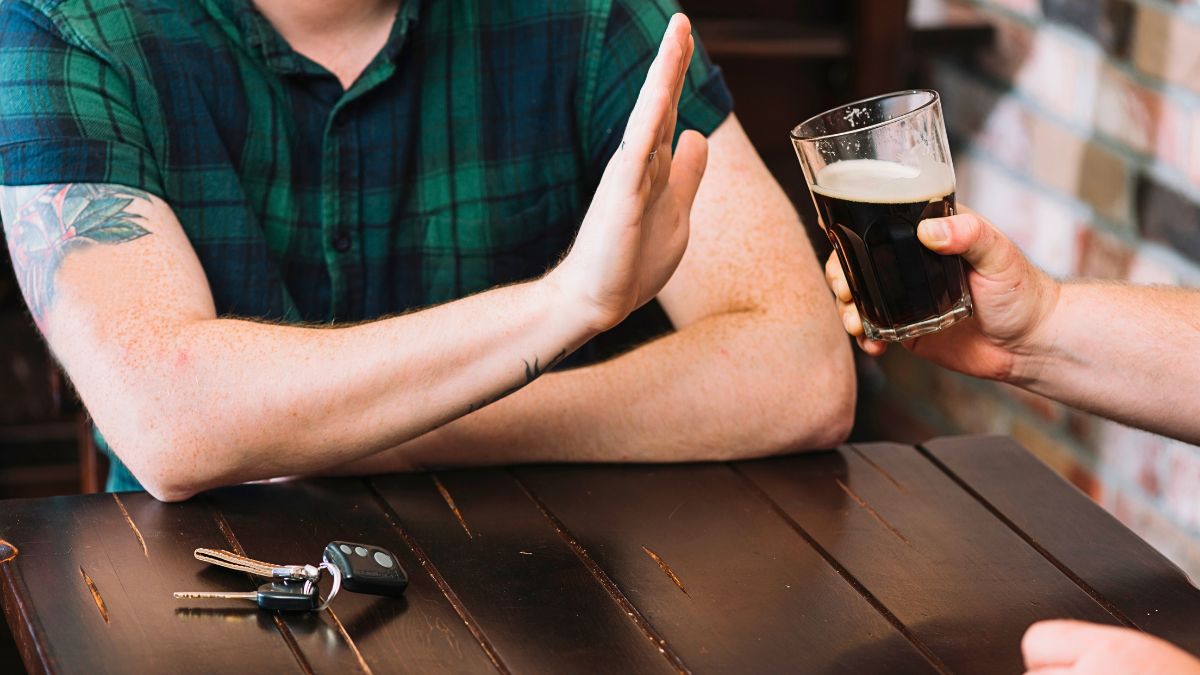Addiction recovery is not one-size-fits-all. What works for one person might not work for another. But over the years, several treatment methods have stood the test of time—proven by science, supported by therapists, and praised by those who’ve walked the recovery path. If you or someone you care about is ready to fight addiction, here are five treatment options that truly work.
Detox
Before anything else, the body needs to heal physically—and that starts with detox. Detoxification is the process of clearing drugs or alcohol from your system safely. Depending on the substance and length of use, withdrawal symptoms can range from mild to severe—or even life-threatening.
That’s why medically supervised detox is a must. Doctors and nurses help manage symptoms, keep you safe, and make you as comfortable as possible. Think of detox like hitting the reset button. It prepares your body and mind for the real work ahead—recovery.
Therapy
Once your body’s clean, it’s time to get to the root of the problem—and that’s where therapy comes in. Behavioral therapies like Cognitive Behavioral Therapy (CBT) and Dialectical Behavior Therapy (DBT) help people change harmful thought patterns, build coping skills, and understand what triggers their cravings.
Therapy isn’t just about talking—it’s about rewiring your brain. It teaches you to face stress, emotions, and life without using substances as a crutch.
| Therapy Type | Focus Area |
|---|---|
| CBT | Changing negative thought patterns |
| DBT | Managing emotions and relationships |
| Group Therapy | Peer support and accountability |
Medication
In many cases, medication can play a vital role in addiction treatment. This isn’t about swapping one drug for another—it’s about helping the brain rebalance itself.
For example:
- Methadone and Buprenorphine help with opioid cravings and withdrawal.
- Naltrexone blocks the euphoric effects of alcohol and opioids.
- Antidepressants can help treat co-occurring depression or anxiety.
Medication-Assisted Treatment (MAT) is especially effective when combined with therapy. It doesn’t cure addiction, but it helps people stay focused on recovery instead of being controlled by cravings.
Support
Recovery is tough. Doing it alone? Even tougher. That’s why support systems matter so much. This could be:
- 12-Step programs like Alcoholics Anonymous (AA) or Narcotics Anonymous (NA)
- SMART Recovery, which is science-based and secular
- Family therapy, to heal broken relationships and rebuild trust
Support groups remind you that you’re not alone. They offer accountability, empathy, and a space to share wins and setbacks without judgment.
Lifestyle
Recovery isn’t just about quitting drugs or alcohol—it’s about building a life you don’t want to escape from. That means:
- Regular exercise
- Nutritious meals
- Healthy sleep habits
- Mindfulness and meditation
- Hobbies or passions that spark joy
These lifestyle changes may seem small, but they’re powerful. They help rebuild your identity, boost mental health, and reduce relapse risk. Recovery is a daily choice, and a healthy lifestyle helps make that choice easier.
Addiction recovery is a journey. It’s not always quick or easy, but with the right tools, support, and mindset, it’s absolutely possible. Whether you’re starting out or restarting again, these five treatment methods are solid steps toward a healthier, happier life.
FAQs
Is detox necessary for all addictions?
Yes, it clears the body and prepares for recovery.
What’s the most effective therapy for addiction?
CBT is widely used and very effective.
Are medications safe during recovery?
Yes, when prescribed and monitored by doctors.
Do support groups actually help?
Yes, they offer accountability and connection.
Can lifestyle changes prevent relapse?
Absolutely—they build a healthier routine.










